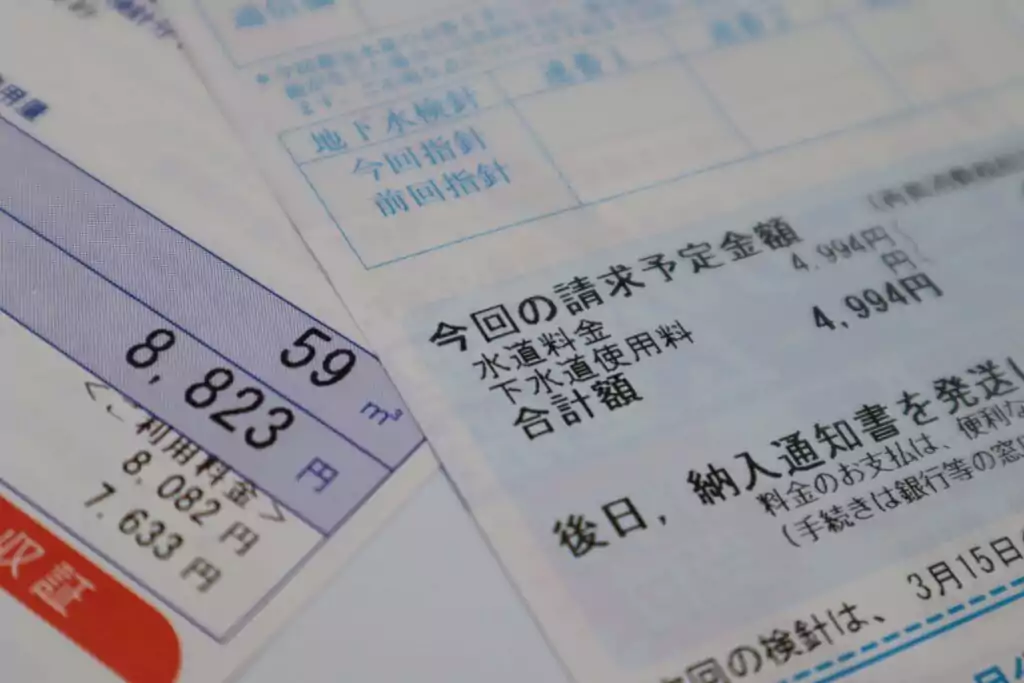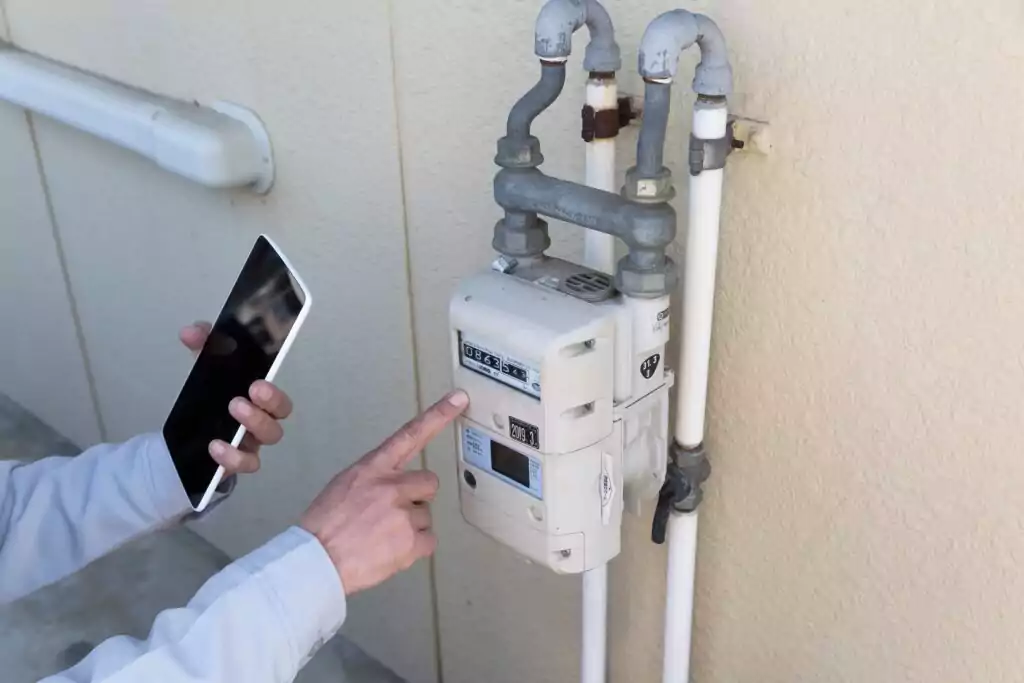When renting an apartment or house in Japan, unless utilities are included in the rent, it is customary for the tenant to be responsible for managing the utilities of the property. This includes making and signing contracts, paying the bills; and either transferring or terminating their accounts upon moving out as it is standard for utility contracts to be ongoing without a specific expiry date.

Utility Companies for Gas, Power, and Water
The utility company a tenant signs with is dependent on the ward or prefecture they live in as well as what agreements their landlord or real estate agent has when it comes to who supplies gas, power, and water to their premises. Bear in mind that in Japan, power and gas are normally run and provided by private companies, whereas water is usually supplied by the local governments.
When it comes to electric utility companies, some of the more well-established providers in Japan include:
- TEPCO (Tokyo Electric Power Company)
- Kansai Electric Power
- Tohoku Electric Power
- Hokkaido Electric Power
- Kyushu Electric Power
Gas companies around Japan include:
- Tokyo Gas
- Osaka Gas
- Toho Gas
- Hokkaido Gas
Last but not least, water to both private and commercial residences is provided by the local governments, some of which include:
- The Tokyo Metropolitan Government Bureau of Waterworks
- The Osaka City Waterworks Bureau
- The Fukuoka City Waterworks Bureau
Upon agreeing to and signing a lease, the landlord or real estate agent will inform the new tenant about which utility company(s) they need to sign up with. At Village House, the organization provides moving support as part of the lease contract so they’ll be able to assist you when it comes to getting the gas, power, and water up and running in your new place.
Plan Ahead
To avoid incurring any late fees or delaying the start of your new utility contract at your new address, aim to give notice to your utility companies one to two weeks prior to moving out. This can be done online via the company’s official website, by email, or by phone, depending on what the procedure is for that specific company. Try to start and submit the cancelation application as early as possible to ensure things run smoothly. If possible, avoid peaking moving season, which in Japan, is between March and April. During this time, many utility companies will be busy processing many cancelation applications so get yours in early to avoid delays and setbacks.
Online Process
Nowadays, convenience is a high commodity and thus, many companies strive to make administrative processes as quick and painless as possible for their customers. Utility companies are no exception and many now allow their customers to simply fill out an online application or form when they are moving out and either need to transfer or cancel their account with them.
Simply go onto their official website and follow the instructions on how to transfer or cancel your utility account. Bear in mind that the procedure, process, and information that you will need to provide will differ depending on what company you have signed with. However, in general, when giving notice of a need to cancel your utility account, the following information is needed:
- Full name
- Current address
- Client or customer account number
- Moving out date
- New address
- Bank account details if changing banks so the company can return your deposit, if any, and debit the final bill from your account.

Utility Bill
Utility bills are usually sent by mail in Japan to allow customers to pay for them at convenience stores. However, bank transfer and direct debit are also options that have recently become available to customers.
When moving to a new address, the final utility bill will normally be sent to the new premises, which is why it’s important to ensure that your new address is written correctly when you hand in your notice to the utility company.
Payment
As previously mentioned, customers have the option of either paying their bills a) in cash at convenience stores; b) via bank transfer; or c) via direct debit. If a utility company has an agreement with an online payment application such as LINE or Apple Pay, these alternative options can be utilized as well.
Be sure to also update any bank details to avoid paying your bills late or not getting your deposit back.

On Site
When it comes to gas utilities, normally, the tenant would have to schedule a date when a representative technician from the utility company will have to make an on-site inspection to switch off the gas. Thus, it is important to inform the utility company of when you intend to move out because more often than not, the tenant will be required to be present when the technician arrives to check the meter and turn off the gas.
In some cases, after the final inspection, you may be able to make your final payment directly to the technician themselves and they may also return your deposit to you, if you had to put one down when signing a contract with the utility company.
Conclusion
In summary, you are responsible for managing the start and end of the running of utilities in your rental accommodation. While the landlord or real estate agent will inform you of which company to sign with, you will be responsible for signing the contract(s), paying the bills, and transferring or terminating your account upon moving out.
If unsure about how to go about any of these steps, check out the utility company’s official website to see what needs to be done. If signing a lease with Village House, the organization provides moving support and can aid you in these matters.



